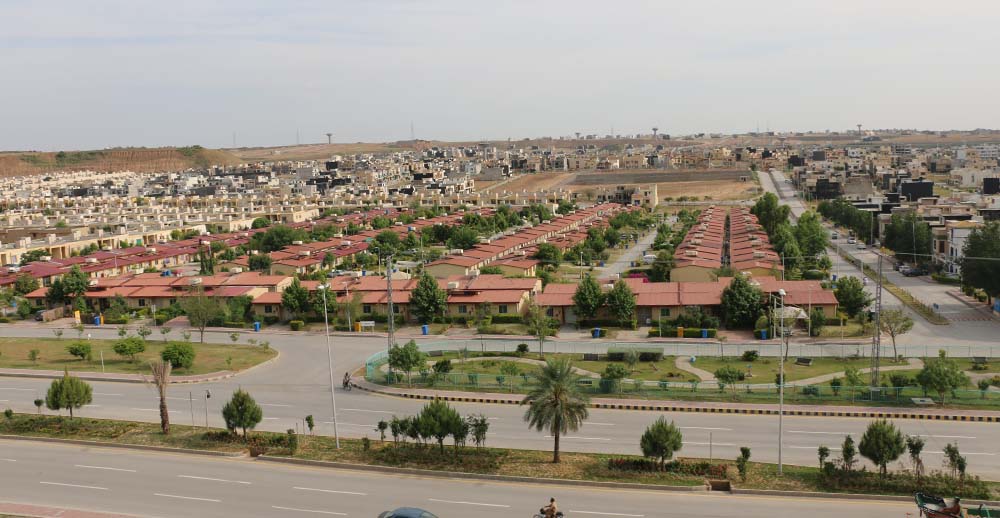Allotment records in Bahria Town Rawalpindi encroachment case sought by SC

ISLAMABAD: The Supreme Court, while hearing a review petition filed by Bahria Town against the apex court’s earlier judgment overturning an illegal land ‘swap’, on Tuesday sought a complete record of land allotments made to Bahria Town Rawalpindi.
The apex court had on May 4, 2018 ruled against Bahria Town’s illegal procurement of land for its housing projects across the country. One of the land acquisition deals that the court had ruled against concerned an encroachment on forest land in the Takht Pari area near Islamabad, Dawn reported.
The issue raised was that Bahria Town had ‘encroached’ upon 1,170 kanals of forest land, while the forest department had ‘encroached’ on an area measuring 765 kanals of Bahria Town. The court, in its order, had struck down this mutual ‘encroachment’ deal, deeming it illegal and of no effect.
Under Chief Justice of Pakistan Mian Saqib Nisar’s stewardship, a five-member larger bench of the court has been hearing Bahria Town’s review petition against the verdict.
“The Takht Pari land was government land,” the chief justice told Bahria Town’s counsel (and PPP leader) Aitzaz Ahsan. “I should clarify that we will not allow even an inch of the land to be encroached. The court has stopped giving concessions.”
The court and the counsel also disagreed on the total area of Takht Pari, with Justice Ijazul Ahsan maintaining that the area spans 2,210 acres but Ahsan arguing that the total area “as per land records is 1,770 acres”.
“The court had [also] ruled [on the size of the land] on the basis of records,” Justice Faisal Arab reminded the property developer’s representative.
The chief justice also wondered what “role the former Punjab CM [Shahbaz Sharif] and others played in the allotment was”, recalling that: “The forest land was given on the chief minister’s instructions.”
Upon being told by Justice Asif Saeed Khosa that “all the records are under the name of Chaudhry Saleh, Salik and others”, the CJP ordered notices to be issued to all “Chaudhry families”, and even pondered referring the matter to the National Accountability Bureau.
The Bahria Town counsel however claimed that the “CM had not allotted any land”, to which Justice Ahsan pointed out that, “The CM’s family did receive 270 kanals of land”.
“Of the allotted land, 270 kanal was transferred to the children of the CM, which exposed the entire case,” the judge explained.
“How this land went from the chief minister to Malik Riaz, the inquiry will reveal,” the chief justice said, who also questioned what right a chief minister has to allot state land.
“In the US, the president cannot even allot a shack,” he said.
“The chief minister should have protected the government land, not allotted it,” he added.
Justice Ahsan concurred with the chief justice’s assessment and questioned: “Who is the chief minister to give the order of demarcation?”
The chief justice, who termed the case a “blatant misuse of power”, also highlighted the impact that the encroachment had had on the environment.
“10,000 trees were mowed down and an entire forest was demolished,” he said. “A mountain was also destroyed. Who will pay for this environmental loss?
“The Rs1,000 billion we asked for from Malik Riaz was not excessive.”
The Bahria Town counsel, however, contested the court’s assessment of the damages, saying: “There is no evidence that any trees were mowed.”
“The trees were torn on Bahria Town’s own property,” he later added.
The case’s hearing was later adjourned till December 3.






